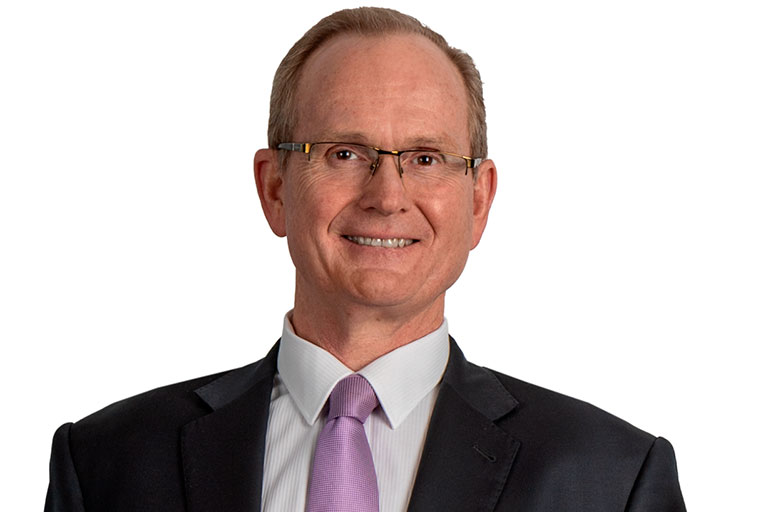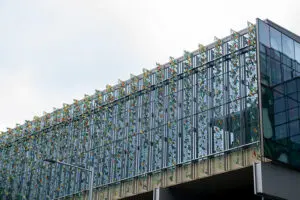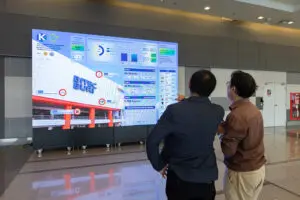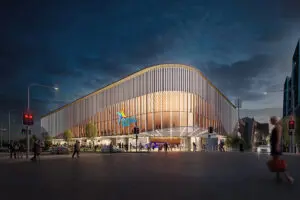Meanwhile operators in North, South, and Southeast Asia forecast strong performance for 2024-2025.
The annual JLL Hotel Operators’ Sentiment Survey was based on 1,075 responses from hoteliers across Asia Pacific including 225 from Australia, New Zealand, and the Pacific, covering all sectors of the hotel market.
Other performance factors include ADR – average daily rate per room – which more respondents from Australasia and Greater China expected to decrease year-on-year in 2024 and 2025 compared to in other parts of the Asia Pacific.
The luxury end of the hotel market was more positive about occupancy and ADR growth with 79 per cent of hoteliers in that sector positive about occupancy in 2024/25. Upper upscale, upscale and midscale hoteliers were less optimistic about revenue, but upscale hoteliers were the most confident of ADR growth. At the budget end of the scale, 82 per cent of hoteliers were positive about 2024/25.
The survey revealed hoteliers in Japan, Thailand and India were the most optimistic about revenue and profit growth in 2024 and 2025, but slower growth was anticipated in Australia and Southeast Asia. Hoteliers in China are predicting a decline in the same in 2024 and 2025.
Reflecting increases in input costs and pressures on company and household budgets, hoteliers across the region are more pessimistic about hotel food and beverage operations in 2024/25 with 28 per cent of respondents pessimistic about growth in F&B revenue, while 48 per cent believed F&B profit would increase.
Among Australian operators, 28 per cent forecast a potential decline in F&B revenues and 32 per cent believed F&B profit could fall, while 69 per cent of Chinese hoteliers expect less activity. By contrast, there was more optimism in South Asia, the Maldives, and Southeast Asia.
JLL Hotels and Hospitality Group executive vice president, Ross Beardsell, said the survey was the most comprehensive insight into how hoteliers were viewing the year ahead in a time of economic and political uncertainty.
Survey results also suggested sustainability in the hotel sector is both a priority and challenge and is being driven by brand standards rather than customer demand.
“In Australia, the pace of new hotel openings has begun to slow – except Brisbane, which is set to welcome some 1,000 new premium hotel rooms at the Queen’s Wharf precinct – but the expected resurgence in hotel demand is proving elusive, and that is reflected in the sentiment of Australian hoteliers surveyed,” he said.
“Inflationary pressure has begun to ease globally but remains too high for Australia’s Reserve Bank. However, previous concerns that this would lead to a hike in rates appear unlikely, especially given that the Reserve Bank of New Zealand lowered rates recently, almost a year ahead of its own projections. Input prices remain high for Australian and New Zealand hotels, and business and conference travel remain subdued.”
Meanwhile JLL Hotels and Hospitality senior associate, Joseph Sim, warned that economic issues in China would have a broad impact.
“The economic situation in China is causing a significant reduction in travel, both within the country and externally, which is reflected in the continued shortfall in Chinese outbound travel to countries such as Australia,” said Sim.
“Whilst some countries have witnessed growth in international arrivals compared to 2019 levels, international demand is still recovering in most destinations. Yet, the prospects for revenue and profitability growth in 2025 are high. India’s outbound market will be one to watch in the coming years.”




















